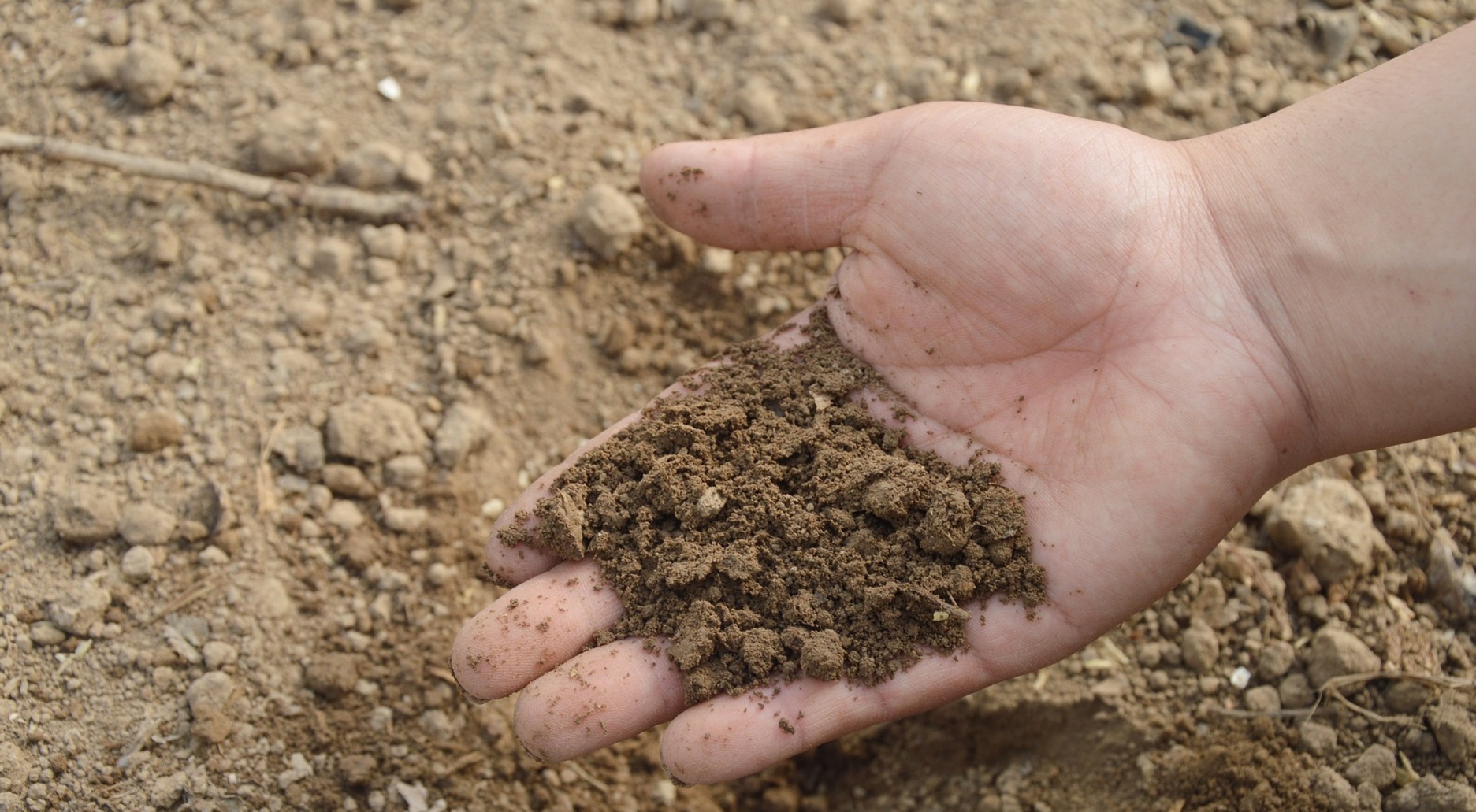Mastering UK Lawn Soil Types - An article from Allett
Posted on 14th January 2024 at 11:40
Please see below article from Allett manufacturers of high quality, luxury grade lawns & sports surfaces Cylinder Mowers.

When it comes to achieving a lovely green health lawn understanding the soil type is crucial. Do you know what your soil type is? You should get it tested before doing anything else! In the UK, varied landscapes and weather patterns contribute to a range of soil types each demanding specific care strategies. This blog will delve deeper into the primary soil types found in UK lawns – clay, sandy, silt, peat and chalky – outlining their distinct characteristics and providing comprehensive care tips to ensure your lawn reaches its full potential..
1. Clay Soil:
Characteristics:
Clay soil (composed of fine particles) is nutrient-rich but suffers from poor drainage and aeration. Its texture varies drastically between wet and dry conditions posing unique challenges for lawn care.
In-Depth Care Tips:
Aeration and Drainage: Regular aeration is essential. Use a garden fork or an aerator to create holes improving oxygen flow and drainage. This should be done annually ideally during autumn and can be done more often with Allett's aerator cartridge which is much less aggressive.
Mowing Practices: Set your lawnmower to a higher cut to prevent stress on the grass roots which can struggle in compacted soil.
Watering Wisdom: While clay soil retains water over-watering can lead to waterlogging. Water less frequently but deeply to encourage deeper root growth.
Nutrient Management: Regular feeding with a balanced fertiliser is vital to supply essential nutrients that might be locked in the soil.
2. Sandy Soil:
Characteristics:
Sandy soil is characterised by its coarse particles offering excellent drainage but poor nutrient retention.
In-Depth Care Tips:
Watering Woes: Due to its quick-draining nature sandy soil requires more frequent watering particularly during dry spells. Early morning watering is most effective.
Organic Amendments: Regularly adding organic matter such as compost or well-aged manure can boost its ability to retain water and nutrients.
Nutrient Top-Up: Use slow-release fertilisers to provide a steady supply of nutrients compensating for what gets washed away with water.
3. Silt Soil:
Characteristics:
Silt soil (with its fine particles) is fertile and retains moisture well but is prone to compaction.
In-Depth Care Tips:
Aeration Is Key: Regular aeration will prevent compaction allowing roots to breathe and water to penetrate effectively.
Organic Enrichment: Like clay soil incorporating organic matter improves structure and nutrient availability.
Balanced Watering: While it retains moisture avoid over-watering to prevent waterlogging.
Gentle Fertilisation: Use a balanced fertiliser but avoid over-application to prevent nutrient overload.
4. Peat Soil:
Characteristics:
Peat soil is rich in organic matter but often acidic and prone to water retention and compaction.
In-Depth Care Tips:
pH Monitoring: Regularly test the soil pH. If too acidic, apply garden lime to adjust the levels.
Aeration and Drainage: Aerate the lawn to improve drainage and reduce compaction.
Careful Watering: Despite its moisture retention ensure even watering to prevent surface dryness.
Organic Balance: While rich in organic matter supplementing with compost can provide additional nutrients and improve structure.
5. Chalky Soil:
Characteristics:
Chalky soil is typically found in areas with underlying chalk or limestone bedrock. It is usually stony with a higher pH (alkaline) which can lead to issues with nutrient availability particularly iron and manganese. Chalky soils are often shallow and dry out quickly due to good drainage.
In-Depth Care Tips:
Moisture Management: Due to its propensity to dry out quickly, regular watering is essential, especially during dry spells. However, be cautious not to overwater as chalky soil also has good drainage.
Soil Improvement: Regularly adding organic matter can greatly improve its water retention and nutrient content. Well-rotted compost, manure or leaf mould are excellent choices.
Nutrient Boosting: Use fertilisers that are suitable for alkaline soils. Chalky soils often lack in iron and manganese so supplements containing these elements can be beneficial. Liquid seaweed is an excellent organic option.
pH Adjustment: While chalky soils are naturally alkaline it's important to avoid further raising the pH. Avoid lime-based amendments and opt for ericaceous (acid-loving) plant fertilisers if necessary.
Plant Selection: Consider grass varieties that thrive in alkaline conditions. Additionally, integrating drought-resistant plants into the lawn area can help create a more resilient landscape.
Get your soil tested today. It could be the reason you are having issues.
To view the original article please follow the link
For the Allett range of Cylinder Lawnmowers and accessories in Bedford, Milton Keynes, Ampthill, Flitwick, Kempston, Wixams, Cranfield, Maulden, Biggleswade and the surrounding areas, look no further than AMF Services
Share this post:



